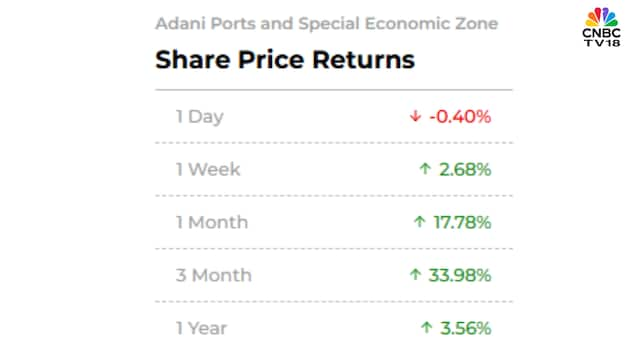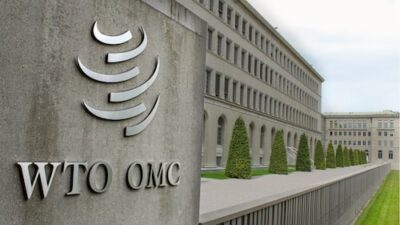‘Outstanding senior notes’ refer to a type of debt issued by a company that has the highest priority during repayment.
This decision follows closely on the heels of the ports operator, under the stewardship of Gautam Adani (whose net worth is $66.2 billion as of May 31), raising ₹5,000 crore from the Life Insurance Corporation of India, which currently holds 8% of the company, according to a Times of India article. This marks Adani Port’s largest domestic debt issuance to date.

Shares of Adani Ports have risen in five out of the last six trading sessions.
The company plans to allocate ₹12,000 crore towards capital expenditure for the financial year ending March 2026, focusing on enhancing its capacity both domestically and internationally. Earlier in April, the firm announced it would acquire the North Queensland Export Terminal (NQXT) in Australia for approximately $2.5 billion from Singapore-based Abbot Point Port Holdings.
As per a Motilal Oswal report dated May 28, Adani Ports owns about 27% of the all-India cargo market and approximately 45% of the container cargo handled in India as of March 25. The Mumbai-based brokerage anticipates the stock will reach ₹1,620 over the next 12 months, representing a 13% increase from the closing price on Friday (May 30).
(Edited by : Sriram Iyer)



